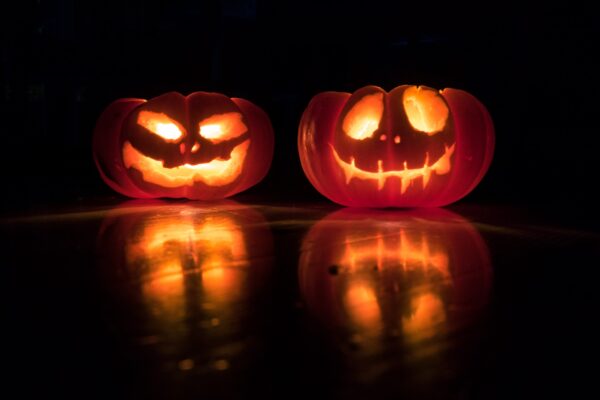By the time you read this, Halloween will be all over and done with for another year!
But did you appreciate or endure (or even ignore!) it?
Perhaps you wondered how such a bizarre custom became part of our calendar?
Origins
The festival dates back some 2,000 years and is an offshoot of the ancient Celtic festival of Samhain. This marked the end of summer and the havest, and the beginning of the dark, cold winter. It also marked the boundary between the world of the living and that of the dead.
The ancient Celts believed that on the night of 31st October, ghosts of their dead would revisit the world. Large bonfires were lit across the villages to ward off any evil spirits that might be roaming abroad. The priests, otherwise known as Druids, would have led the celebrations. They also ensured that the hearth fire of each house was re-lit from the glowing embers of the bonfire, to protect and heat the people during the long, cold, dark winter months to come.
Development
At the end of the 6th century the Christians arrived in Britain, along with their festivals. These included “All Hallows’ Day” (or All Saints’ Day), which memorialises Christian martyrs. In the 8th century. This was moved to 1st November (probably to replace the Celtic Samhain festival).
Modern-day
So the Samhain eve became “All-hallows-even”; later, “Hallow Eve”, before morphing into “Hallowe’en” and “Halloween”. It is characterised by children’s games (eg apple-bobbing) and in recent years it has been influenced by American traditions (eg “trick or treating”).
Halloween is a special time of the year when many believe that the spirit and physical world can come into contact and magic holds sway.
I’ve never yet performed a Halloween ceremony, but I’m game to do so next year!
Photo by David Menidrey on Unsplash

